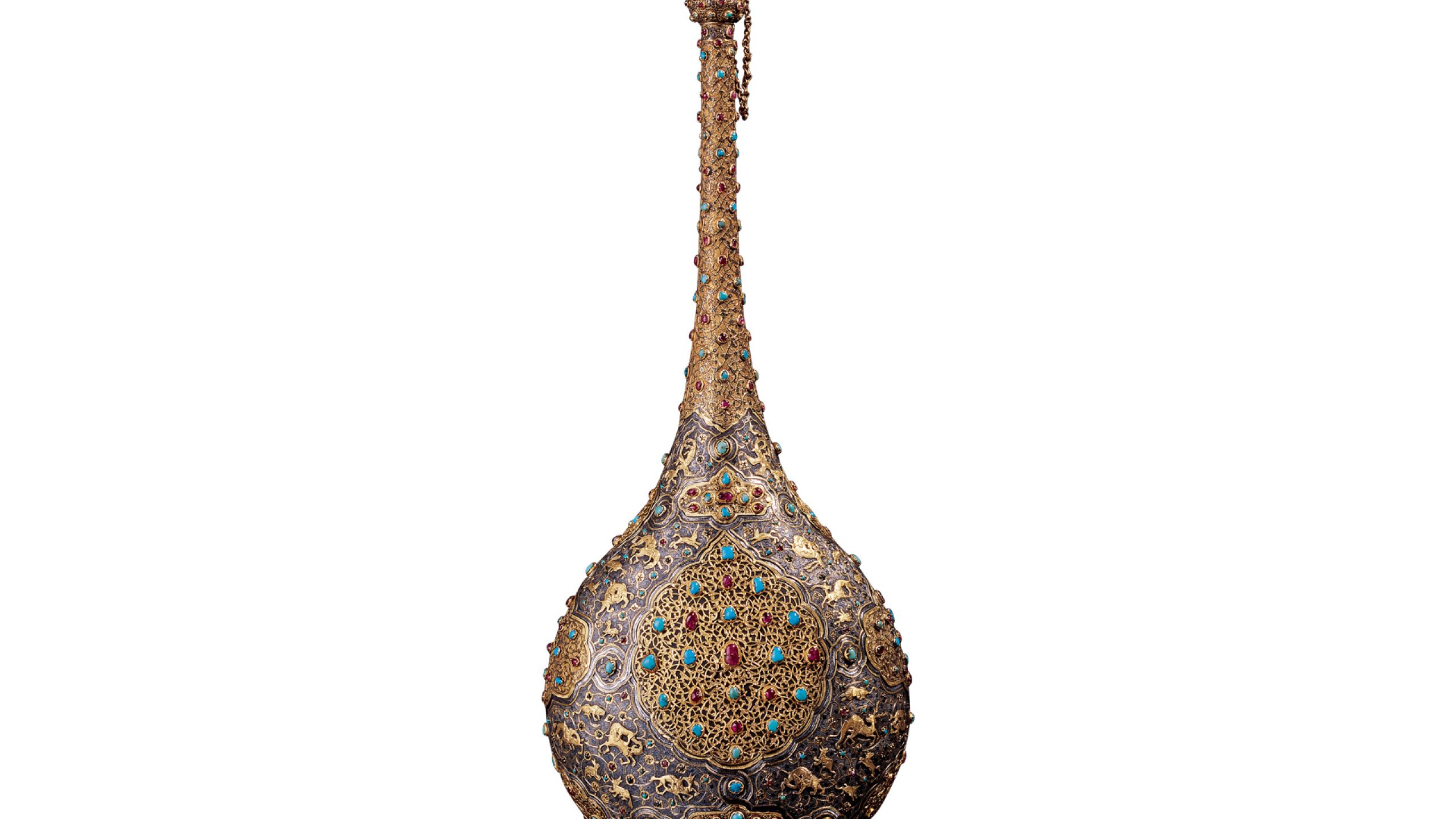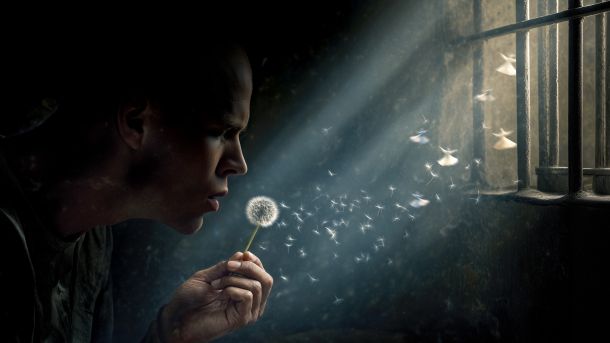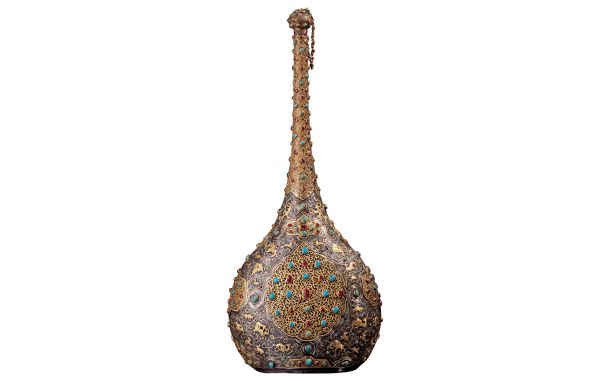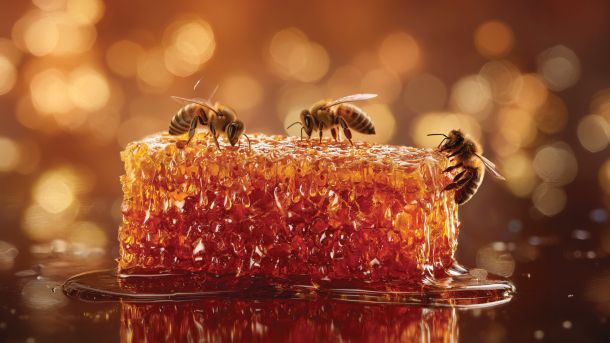Editorial: Vulnerable

We are enjoying the most advanced technology the world history has ever seen – at least in the history as we know it. With the help of this technology, we can surf – online and offline – throughout the globe as we can easily make plans for a trip thousands of miles away. Technology is good, but only when it works. As marvelous as it is to have access to everything at our fingertips, many incidents have shown how vulnerable our globally integrated systems can be and the significant consequences that vulnerability can cause. One faulty software can lead to thousands of flight cancellations, freeze banking transactions, etc. One cannot help but ask if there is a way to protect the world from such threats. Perhaps, we will still have to figure out how to do that in terms of cyber security, but we know our planet is protected from other threats like solar winds, thanks to its magnetic jacket. Dr. Cakir writes in this issue that by now we know for sure that outer space is “not entirely empty or inactive.” The strong winds of particles fly out from the Sun in the form of “solar winds” of high-energy charged particles that travels at 500,000 km per second, and “can be highly harmful.” Dr. Cakir explains how our earth is saved from these winds with a defensive tool as a result of its magnetic field. One can only hope we had a similar “jacket” to defend our world from cyber storms, too!
Moving forward with outer space, Dr. Oztunc writes on how we can obtain information about planets many light years away from us. As a veteran math scholar, Dr. Oztunc praises mathematical logic for its role in helping us see what lies beyond our perceptions.
Another vulnerability we cover in this issue is anomie and alienation. Based on his personal search to discover the illustrious origins of timeless, universal search for self-knowledge, Fred McIlmoyle writes how people feel a loss of their place in society especially since the industrial revolution. This “loss” has reached a new level with social media, which “is anything but social,” says McIlmoyle, “often judging individuals by its own superficial cult-driven stereotypes, verbally attacking those deemed to have fallen short of its distorted standards.” The result is a “homeless mind,” the title of he gave to his piece, perhaps to draw our attention to the rather difficult human condition today.
As vulnerable and alienated we may be, one major path to stay afloat is the sense of hope. “The essence of hope plays a vital role in the journey of healing, offering individuals a clear path toward recovery by reshaping their thinking and bolstering their emotional strength,” writes Dr. Lyndsey Eksili in this issue.
You will also find interesting to read in the following pages how alcohol consumption by the father affects birth defects. Finally, Rashi Pant writes that idling is not always a bad thing: the reactivation of neural patterns while idling has been shown to be crucial to learning.









